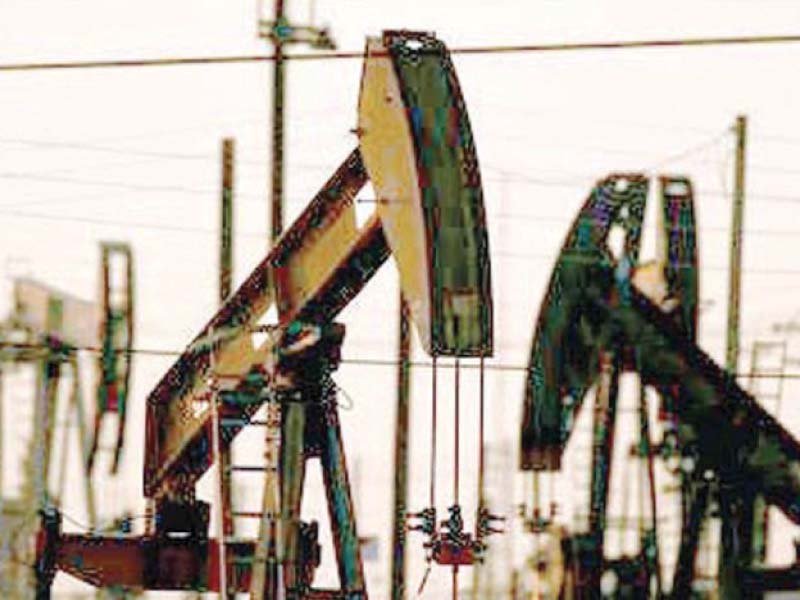PPDA Rejects Oil Price Deregulation
-
Opposition to Deregulation: The All Pakistan Petroleum Dealers Association (PPDA) has strongly opposed the government’s move to deregulate oil prices, warning of a potential nationwide strike if the decision is not reversed.
-
Concerns Over Foreign Control: The PPDA argues that deregulation would pave the way for foreign companies, particularly a Saudi oil firm, to dominate Pakistan’s oil market, which they describe as “economic suicide.”
-
Risk of Monopoly: Hassan Shah, a spokesperson for PPDA, warned that the deregulation would lead to a monopoly, pushing local refineries out of business due to their inability to compete with multinational corporations.
-
Impact on Supply Chain: Shah emphasized that deregulating the market could disrupt the entire oil supply chain, potentially causing shortages and instability in pricing.
-
Criticism of Current Deregulation: He pointed out that deregulating lubricants and high-octane blending components (HOBC) had not benefited consumers, instead creating an oligopoly and leading to inflated prices.
-
Economic Impact: The PPDA warns that deregulation would fuel inflation, weaken the exchange rate, and worsen Pakistan’s already struggling economy.
-
Call for Strategic Review: Shah urged the government, central bank, and Defence Ministry to review the potential economic and strategic impacts of deregulating oil prices, particularly in terms of inflation and energy security.
-
Concerns About Fuel Reserves: Shah highlighted Pakistan’s limited fuel reserves, which typically last only 15 days, contrasting with countries that maintain long-term stockpiles, allowing for deregulation.
-
Risk to Energy Security: The PPDA insists that deregulation would harm Pakistan’s energy security, drive up fuel prices, and destabilize the economy by increasing costs in all sectors.
-
Final Call for Reversal: Shah concluded by urging the government to abandon the deregulation plan, warning that it could lead Pakistan into an economic crisis.






